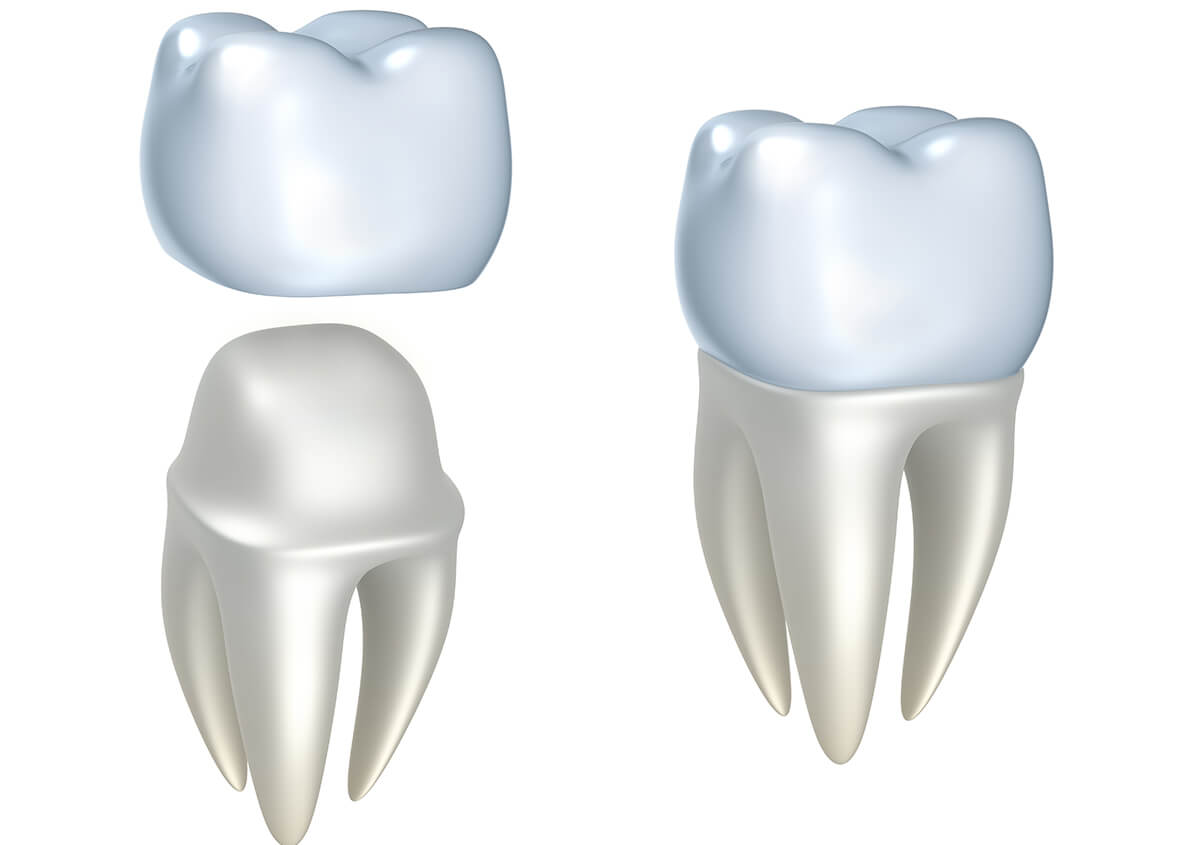

20
Nov
A Basic Introduction to Dental Crowns for Teeth

While you may do your best to avoid cavities, tooth decay may still occur at some point in your life. The good news is that Star Care Dental serving residents in West Chester, has numerous ways to tackle tooth decay and restore your oral health.
Aside from preventative care, Dr. Hema Nair can utilize various therapeutic techniques to help teeth that have become injured or decayed over time regain their normal function. One of the most common of these restorations is dental crowns. Please keep reading to learn more about dental crowns, including why they’re often used and the benefits of different types of crowns.
Why Are Dental Crowns Typically Used?
A dental crown is a cap of custom-made material that is placed as a “cover” over your tooth or dental implant. Crowns essentially serve as a support barrier for broken or otherwise damaged teeth and can help prevent further tooth decay. In the event of discolored or misshaped teeth, they can provide an aesthetic benefit.
If there is a gap in the teeth where there is damage, it can cause the surrounding teeth to shift into that gap. Unfortunately, this can do a lot of harm to your oral health overall, as it can impact your speech patterns, the jawbone, and your chewing ability. With a dental crown in place, the broken/damaged tooth is restored, and the mouth as a whole is protected. The crowns can also be used to support bridges and partial dentures.
The Different Types of Crowns Available
Several kinds of dental crowns can be used in the mouth, usually depending on the situation and budget.
Stainless steel is the most budget-friendly option, as it is pre-fabricated instead of custom-made. It is used in dental emergencies and for temporary crowns on baby teeth since they will fall out down the road.
Metal crowns are long-lasting and durable, and they are typically used toward the back of the mouth on the molars because their all-metal appearance is not very attractive.
Request an Appointment
Porcelain is a popular material for dental crowns since they can be color-matched to the surrounding teeth. This material is often recommended for individuals who have allergies or sensitivities to metals. The problem with porcelain crowns is they are prone to chipping and breakage.
Fused metal and porcelain crowns combine the durability of metal and the discreet appearance of porcelain. While they are slightly weaker than a full-metal crown, they aren’t quite as visible in the mouth.
If you believe you need a dental crown on your tooth or want to learn more about crowns, Dr. Hema Nair at Star Care Dental can help. Contact Star Care Dental at (610) 569-0509 to schedule an appointment today!
Share this Article

Dr. Nair is dedicated to providing her patients with the finest possible care. She earned her dental degree from Temple University School of Dentistry and her general practice residency at St. Joseph Hospital.
She continues to take over 200 hours of continuing education courses annually to offer the best treatment to her patients. According to Mainline magazine, Dr. Nair has continuously been selected as a Top Dentist in her region by her colleagues.
Dr. Nair ensures that her patients' trust is always in the best of hands, regardless of their concerns.




